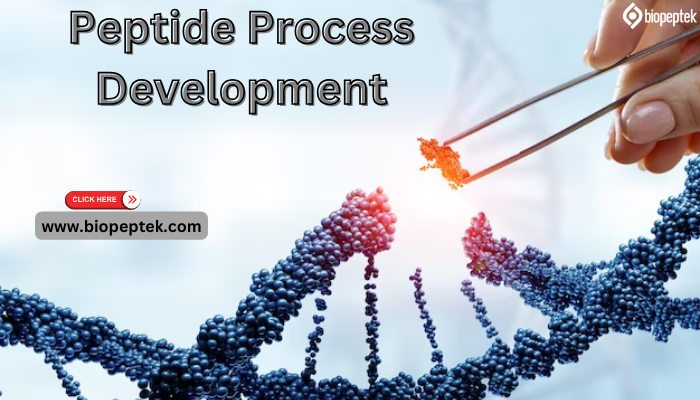What is the significance of peptide process development in the field of biopharmaceuticals?
-
Peptides, often referred to as the building blocks of life, play a crucial role in various fields, from pharmaceuticals to biotechnology. As researchers delve deeper into the potential applications of peptides, the process of developing these molecules becomes paramount. This article explores the intricate world of Peptide Process Development, shedding light on its significance, challenges, and innovative strategies.

Understanding Peptide Process Development
Peptide Process Development is the systematic approach to creating and optimising the production of peptides. These small chains of amino acids hold immense potential in fields like medicine, agriculture, and industry. The development process involves stages such as synthesis, purification, and characterization, each demanding meticulous attention.Challenges in Peptide Process Development
One of the primary challenges in peptide development lies in their sensitivity to environmental conditions. The delicate nature of peptides often leads to purification difficulties, hindering the overall process. Overcoming these challenges requires a comprehensive understanding of the peptide's behaviour throughout development.Strategies for Successful Peptide Process Development
To address the challenges, researchers employ optimization techniques during synthesis and explore innovative purification methods. Fine-tuning the process ensures the production of high-quality peptides while maximising efficiency and minimising resource utilisation.Importance of Analytical Techniques
Analytical techniques like High-performance liquid chromatography (HPLC) and mass spectrometry play a pivotal role in ensuring the quality of synthesised peptides. These tools provide valuable insights into the purity and structure of the peptides, aiding researchers in refining their development process.